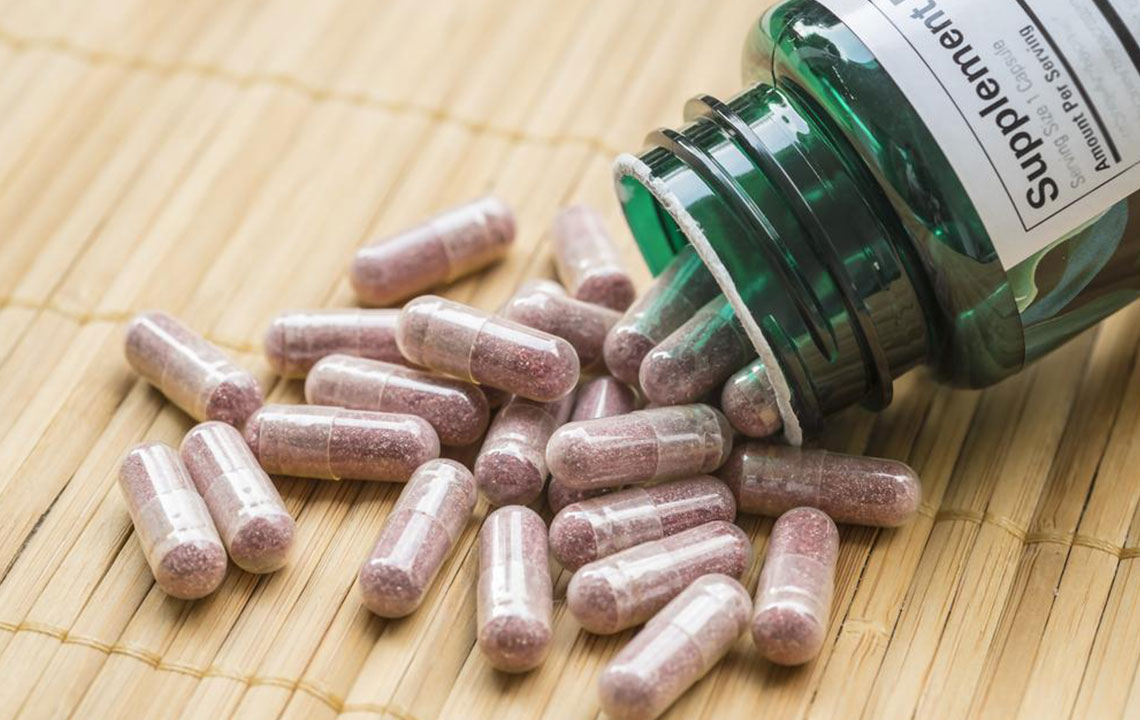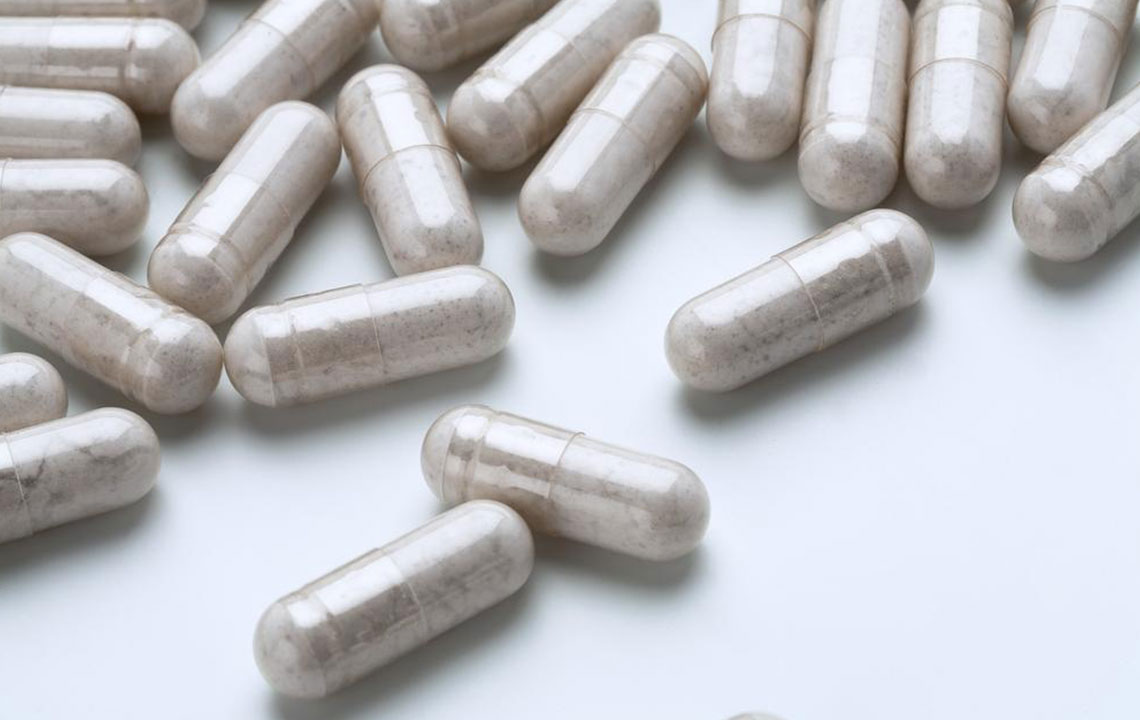Unlocking the Power of Probiotics: Boost Your Digestive and Immune Health Naturally
Discover how probiotics can enhance your digestive health, boost immunity, and support overall well-being. Learn about key benefits, effective strains, and natural food sources like kefir, kimchi, and yogurt. Incorporating probiotics into your daily routine can lead to improved gut balance, mental health, cardiovascular health, and weight management. This comprehensive guide provides insights into the science-backed advantages of probiotics and practical tips for making them a part of your healthy lifestyle, ensuring better health and vitality.

Unlocking the Power of Probiotics: Boost Your Digestive and Immune Health Naturally
Probiotics, derived from Greek words meaning "promoting life," are a vital part of maintaining optimal health. Our bodies are home to a diverse community of bacteria—a complex microbiome comprising both beneficial and harmful microbes—that has been present since birth. The balance of this microbiome is crucial for our overall well-being. When this delicate balance is disrupted, it can lead to dysbiosis, which is associated with numerous health issues such as digestive disturbances, immune deficiencies, and even mood disorders. Incorporating probiotics into our diet is an effective way to restore microbial harmony, support digestive functions, and strengthen immune defenses.
Understanding the Benefits of Probiotics
Probiotics are live microorganisms—mainly bacteria—that confer health benefits when consumed in adequate amounts. These beneficial microbes work by replenishing the gut microbiota, promoting digestion, and improving immunity. As scientific research continues to uncover new insights, the advantages of probiotics extend across various aspects of health, including mental well-being, cardiovascular health, allergy management, and weight control.
Let’s delve deeper into how probiotics can transform your health and discover the best ways to incorporate them into your lifestyle.
Comprehensive Health Benefits of Probiotics
Probiotics offer a wide array of health benefits that make them an indispensable part of a balanced diet. Below are some of the key advantages:
Restoring Gut Balance: An imbalance between beneficial and harmful bacteria in the gut can lead to a host of health problems, including allergies, weight gain, and even mental health issues like anxiety and depression. Probiotics help reestablish a healthy microbiome, counteracting the negative effects caused by antibiotics, illness, or poor dietary choices. This rebalancing is essential for optimal nutrient absorption, bowel regularity, and overall digestive health.
Managing Diarrhea: Antibiotic therapy is a common cause of antibiotic-associated diarrhea by disrupting natural gut flora. Probiotics have proven effective in reducing the incidence and severity of diarrhea related to antibiotics, decreasing the duration by approximately 25 hours. Additionally, they are beneficial in decreasing infectious diarrhea, including traveler’s diarrhea, with studies showing a reduction of about 8%. It's important to note that effectiveness varies depending on the probiotic strains, dosage, and individual health conditions.
Supporting Mental Well-being: The gut-brain axis is a complex communication network linking intestinal health and mental health. Probiotics influence this axis by modulating neurotransmitter production and reducing inflammation. Research indicates that probiotic supplements can help alleviate symptoms of anxiety, depression, and stress, and may even improve cognitive function and memory—highlighting their role in enhancing mental resilience.
Improving Cardiovascular Health: Cholesterol management is critical for cardiovascular health. Probiotics contribute by breaking down bile cholesterol, which prevents its reabsorption into the bloodstream. Regular consumption of probiotic strains like Lactobacillus acidophilus can lead to reductions in LDL (bad) cholesterol levels and lower blood pressure, fostering a healthier heart and vascular system.
Reducing the Severity of Allergies: Certain probiotic strains have demonstrated potential in lessening allergy symptoms, especially eczema ones occurring in infants and children. Although further studies are necessary, early research suggests that probiotics can modulate immune responses, reducing the severity of allergic reactions and skin inflammation.
Alleviating Digestive Disorders: Probiotics like Lactobacillus and Bifidobacterium have shown to improve mild cases of ulcerative colitis, alleviate symptoms associated with irritable bowel syndrome (IBS), and significantly reduce the risk of necrotizing enterocolitis—a severe intestinal disease in infants—by as much as 50%. These benefits provide a natural, safe approach to managing chronic digestive issues.
Enhancing Immune Response: Probiotics stimulate the production of natural antibodies and activate immune cells, which strengthens the body's defenses against pathogens. For instance, Lactobacillus Crispatus has been linked to nearly halving the risk of urinary tract infections (UTIs) in women, showcasing how beneficial microbes bolster immune resilience.
Aiding in Weight Management and Reducing Belly Fat: Interestingly, probiotics may help combat obesity by blocking the absorption of dietary fats, increasing their excretion, and promoting satiety, which reduces overall calorie intake. These mechanisms can lead to decreased fat accumulation, especially around the abdominal area, contributing to healthier weight management.
Top Dietary Sources Rich in Probiotics
Incorporating probiotic-rich foods into your diet is an effective natural strategy to harness their health benefits. Here are some of the best sources:
Kefir: This fermented dairy product is teeming with beneficial bacteria and yeast strains, making it one of the most potent probiotic foods. Native to regions of the Caucasus and Eastern Europe, kefir supports digestive health, boosts immunity, and promotes bone strength. It can be made from goat or cow milk and is versatile enough to be added to smoothies, cereals, or enjoyed as a drink.
Kimchi: Originating from Korea, kimchi is a traditional fermented vegetable dish, primarily made from cabbage and radishes, seasoned with garlic, ginger, and chili pepper. Rich in vitamins K and B2, iron, and lactic acid bacteria like Lactobacillus kimchii, kimchi enhances cholesterol management, gut health, immune function, and skin vitality. Its tangy flavor makes it a delicious addition to various meals.
Yogurt: Perhaps the most familiar probiotic food, yogurt is derived from fermented milk and contains beneficial bifidobacteria and lactic acid bacteria. To maximize health benefits, choose yogurts labeled with live and active cultures. Regular consumption improves blood pressure, strengthens bones, supports digestion, and maintains oral health.
Adopting probiotics as part of your daily routine can lead to significant improvements in overall health, with minimal risk of side effects. Alongside natural dietary sources, probiotic supplements are readily available. However, consulting with healthcare professionals before starting any supplement regimen is advisable, especially if you have existing health conditions. Embracing probiotic-rich foods and supplements can be a simple yet powerful way to enhance your immune system, optimize digestion, and support long-term wellness. As scientific understanding evolves, probiotics continue to prove their indispensable role in maintaining a balanced and healthy lifestyle.





